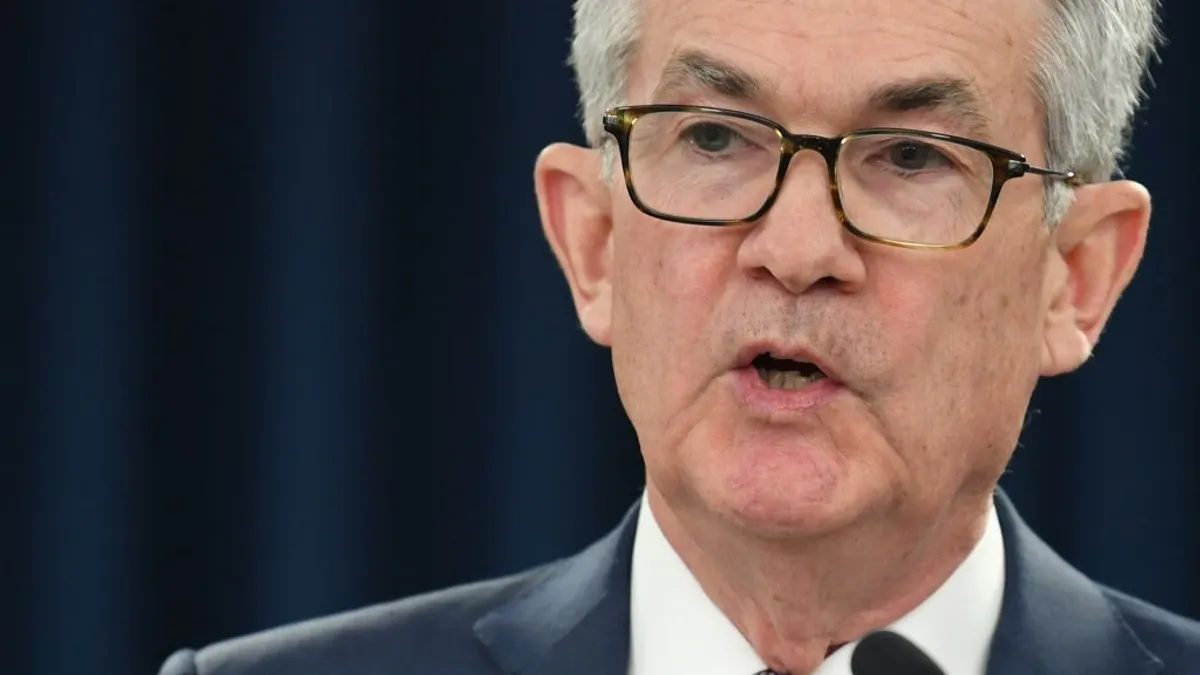Irina Berkon is chief financial officer and a board member of Metallicus, a San Francisco-based digital assets and blockchain technology firm. Views are the author's own.
It’s arguably the biggest scandal in crypto’s relatively short history: cryptocurrency exchange FTX is being investigated for misusing customer assets and losing billions of dollars through risky trading bets. Founder Sam Bankman-Fried has been ousted, the company is bankrupt and the story and its implications for the industry are still unfolding. We need to learn the right lessons from this failure and adopt three reforms.
First, this debacle should spell the end of unregulated, poorly-managed cryptocurrency platforms, to say the least. The failure of FTX also validates the thesis that centralized entities that have amassed huge power can concentrate risk and abuse the trust of their users. We need to use the advantages of blockchain, which is effectively a shared, immutable and decentralized ledger system, to empower users, protect assets and increase our defenses against bad actors.
The current highly centralized market structure dominated by a few massive cryptocurrency platforms is an oddity in the blockchain-based era that is now evolving, Yet, the past few years have witnessed a peculiar trend in the crypto world: significant consolidation, including the rise of Binance and FTX as large exchanges for spot trading and risky strategies using high levels of debt. As seen with other failures such as crypto lending platform Celsius, poor risk management resulted in classic bank runs with customers desperate to withdraw their funds. In other cases, hackers were able to exploit vulnerable bridges that move coins between blockchains to steal assets.
A decentralized approach
Crypto needs a decentralized approach that increases overall system resilience while empowering individual users. That is no pipe dream: We have the technologies to design a better, more resilient, and decentralized system, and it is thrilling to experience the rise of true decentralization firsthand. In fact, although they’ve been touched by the earlier collapse of the Terra Luna, programmable “stablecoins” can help people and businesses manage cash and access opportunities in the blockchain economy. And, as I wrote in a July opinion piece for Payments Dive, stablecoins are essential to enabling digital asset trading and peer-to-peer decentralized finance (DeFi) with radical transparency and instantaneous settlement.

True DeFi means that customers are always in control of their assets. But they should be able to participate in DeFi products and services to earn returns on their cryptocurrencies without fear that a centralized platform could freeze or misappropriate their funds in a crisis. A decentralized exchange (DEX) removes the middleman risk: The funds rest in the customers’ wallets at all times while connecting buyers and sellers through a regulated peer-to-peer marketplace.
Similarly, decentralized Identity solutions can empower consumers and regulators alike through a simple checkmark that verifies you are who you say you are with without having to divulge your private data to the entire world. And we can fight cyber crime and prevent thefts by replacing vulnerable cross-chain bridges with unhackable IntraBlockchain communications.
Tackling arbitrage and technology solutions
The second industry change to address is global regulatory arbitrage. Blockchains enable borderless activity, which has incredible benefits for people and businesses around the world. But over the past few years the industry has also seen adoption of regulatory arbitrage as a business model. Companies like Binance and FTX are in a constant state of moving their headquarters to jurisdictions that would either ignore them or allow relaxed compliance, trading, and risk controls.
FTX’s failure underscores the need to curtail regulatory arbitrage. With a new world of regulated crypto on the horizon, we need to lay the proper groundwork through technologies and infrastructure that enable compliance by cryptocurrency and fintech firms but also financial institutions that are interested in the space.
That brings us to a third point: Forward-thinking rules and legislation are needed, but we can also advance policy goals by integrating technology solutions into the design of a compliant and secure future for digital assets. Strong regulation, preventive security, verified identity, and a simple customer experience are all essential for integrating and scaling uses of digital assets and cryptocurrencies into everyday financial services and economic activities.
The bottom line is regulated financial services and the world of digital assets, DeFi, and blockchain-enabled markets are becoming more intertwined. The most compliant and well-operated crypto companies will evolve as partners for banks and financial institutions or even apply to become chartered financial institutions themselves.
A new mindset
This evolution will require a new compliance mindset that prioritizes security, protections and benefits that are better than the existing financial system.
Guided by this north star, our company has built the technology stack, regulatory infrastructure, and customer experience from the very beginning. We have built on-blockchain identity solutions to facilitate Know Your Customer (KYC) compliance and have a well-qualified regulatory team to comply with Office of Foreign Assets Control (OFAC) sanctions enforcement. We constantly analyze crypto market fragility to learn lessons and take actions such as embedding more decentralized and modular technologies in our stack and scrutinizing treasury management to ensure a risk-averse approach.
Earlier this year we also formed an advisory board comprised of former senior officials from the U.S. Federal Reserve, the Office of the Comptroller of the Currency, and executives with experience in regulatory compliance and internal audit at major financial institutions to benefit from their expertise.
As a CFO with ten years of public company accounting experience, I take risk management systems and culture very seriously. The industry’s goal should be to spearhead needed changes and be a trusted partner to policymakers and regulators. The status quo is unacceptable; taking the correct steps now will enable us to meet this moment and unlock a compliant, secure crypto future.


















